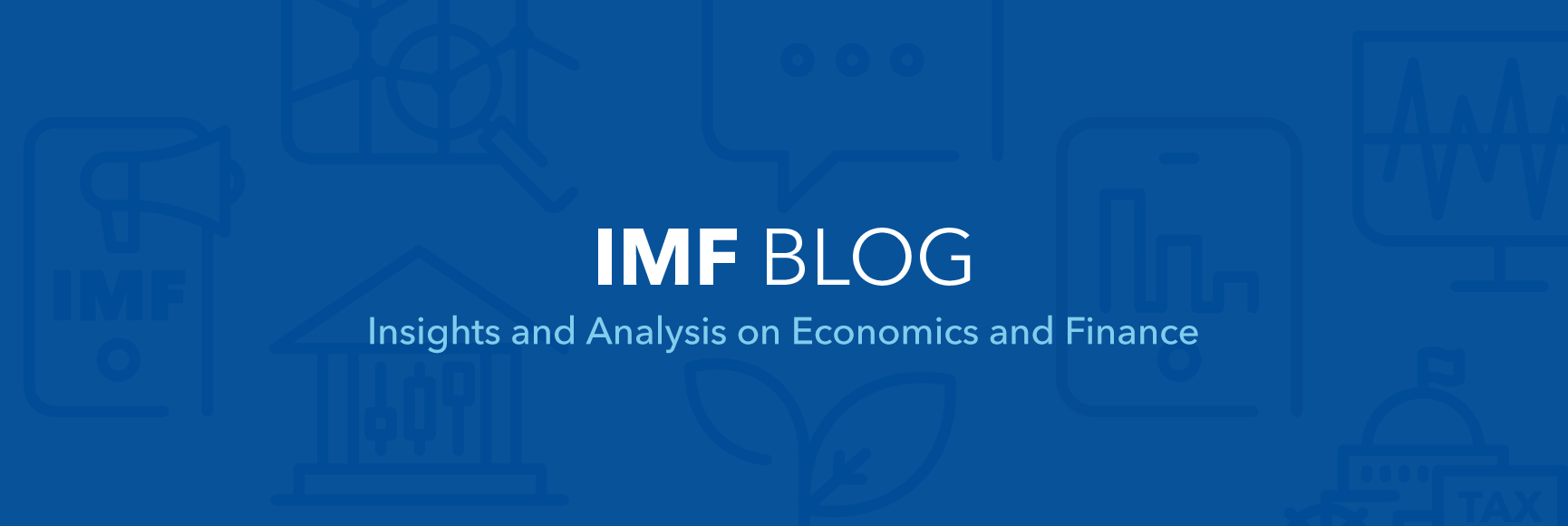In the past couple of years, Hong Kong has witnessed a sharp increase in property prices. This has led some to claim that the time has come to change Hong Kong’s “Linked Exchange Rate System”.
This represents a misdiagnosis of the current situation and the wrong prescription for Hong Kong.
It is true that the average cost of an apartment in Hong Kong has risen by almost 20 percent in the past year alone. This stands in stark contrast to what our latest World Economic Outlook described as the dismal outlook for real estate markets in the industrial countries.
And, like many countries in the region, Hong Kong has been the destination for an extraordinary amount of global capital over the past two years.
But how much of these trends have been a product of the exchange rate regime?
A few facts are worth considering.
First, no other fixed exchange rate arrangement has seen anywhere near the scale of inflows that Hong Kong has experienced. Second, rising property prices are not unique to Hong Kong. House prices have been going up in a range of Asian economies, all of them with very different exchange rate regimes.
“Listen to Ashvin Ahuja talk about 'China: Property Bubble in the Making?'
While the currency regime has been part of the story, I believe that the motivation for the large inflows lies also in the strength and resilience of the local economy—Hong Kong is both a vibrant market for new equity issuance and a safe haven for international capital. The inflows, in many ways, are a symptom of Hong Kong’s economic success.
In the property market, low interest rates, imported courtesy of the link between the Hong Kong and U.S. currencies, have no doubt played a role. Mortgages are cheaper which has encouraged many to borrow to invest in real estate. Indeed, mortgage lending has expanded by almost 15 percent over the past year. But other factors are also at work. There is a strong demand for property from both Mainland Chinese investors and from high net worth professionals that are moving to work in Hong Kong’s rapidly expanding financial services industry. At the same time, current supply conditions are unusually tight and, while construction is underway, it will take time before those new units actually hit the market.
So what to do? Our view is quite straightforward. Higher housing costs will not be solved by changing the Linked Exchange Rate System. Hong Kong’s exchange rate regime has, time and again and for more than 27 years, shown itself to be a robust anchor of monetary and financial stability. Instead, property price inflation should be tackled through measures that are carefully targeted at the property market itself.
- First, apply stricter lending standards that help guarantee the integrity of the financial system in the event of a downturn. Regulatory tools should be deployed to ensure that banks carefully manage their credit risks and home buyers do not over-extend themselves in the housing market. This means higher downpayments for home purchases and more conservative limits on the share of a borrower’s income that can be used to service their mortgage.
- Second, increase transactions costs to dissuade short-term players who are in the business of buying and selling housing in the hopes of making a quick profit. Higher stamp duties, penalties for cancelling primary market transactions, and an increase in property taxes will all dampen such short-term speculation.
- Third, increase the amount of land available for residential development. Efforts are well underway on this front and the new government steering committee on housing land supply has committed to making available enough land to build 20,000 new private residential units annually over the next decade.
In all of this, it is essential to stay well ahead of the curve. We have seen all too many times the economic and social damage that can be wreaked by a property price bubble that is allowed to inflate and then burst. A rising risk of a housing bubble in Hong Kong should not be ignored.
Instead, it should be met with a countervailing policy response that is proportional to the risks. The government's recent announcements—to further lower loan-to-value ratios and raise stamp duties—represent a proactive and well calibrated response to the current risks. Going forward, it will be essential to remain vigilant and introduce further measures, should circumstances so warrant. Failure to do so would raise the risk that today’s property market exuberance results in a future downturn that could prove both protracted and painful.






